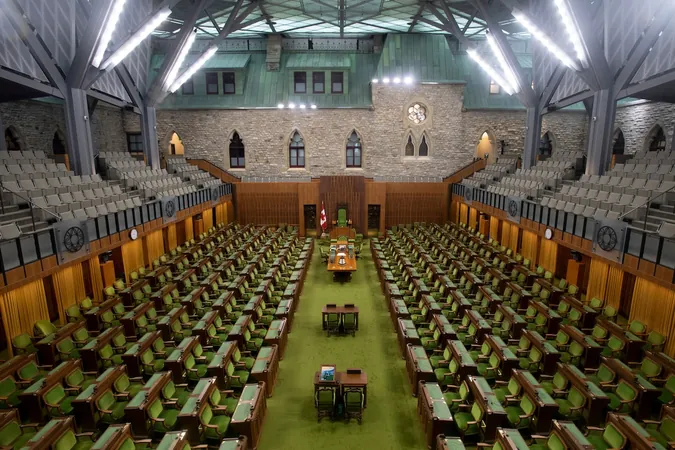
Trudeau Faces Prorogation Dilemma as Political Tensions Escalate
2024-12-21
Author: Benjamin
Political Tensions in Canada
Mary Simon’s role as Governor-General has suddenly become a focal point in Canadian politics amid rising tensions in Parliament. As Canada experiences political upheaval reminiscent of the 2008 parliamentary crisis, the question of whether Prime Minister Justin Trudeau can prorogue Parliament is back in play.
Historical Context: The 2008 Crisis
In late 2008, then-Governor-General Michaëlle Jean faced a monumental decision when she allowed Prime Minister Stephen Harper to prorogue Parliament, which helped him evade a looming defeat in the House of Commons. The controversial maneuver bought time for Harper’s minority government, allowing the Liberal Party, which was embroiled in leadership turmoil, to regroup. This incident sparked a flurry of discussions among constitutional experts, raising critical debates about the legitimacy and implications of proroguing Parliament.
Current Political Landscape
Fast forward to today, Rideau Hall finds itself at the heart of a new political showdown, with Trudeau's Liberal minority government facing a no-confidence motion from the New Democratic Party (NDP). Conservative Leader Pierre Poilievre has escalated the situation by urging Governor-General Simon to intervene, calling for an urgent reconvening of Parliament to address the government's stability. Poilievre's demands place additional pressure on Trudeau, who is now weighing his options, including the possibility of prorogation to stall impending challenges while his party navigates a leadership transition.
The Possibility of Prorogation
Political analysts suggest that Trudeau might resort to prorogation to buy time for the Liberal Party’s leadership election, thereby avoiding immediate confrontations with opposition parties. Carleton University professor Philippe Lagassé has proposed that while an election might be the ideal path forward, a short prorogation could be permissible, particularly if it allows for the selection of new leadership.
Risks Associated with Prorogation
However, if prorogation serves merely to dodge a confidence vote, Trudeau risks inviting comparisons to Harper's actions in 2008, a scenario fraught with political peril. University of Waterloo professor Emmett Macfarlane emphasizes that the interpretation of prorogation will hinge on how the Prime Minister presents his rationale for the decision.
Current Government Stance
Despite recent moments of solidarity, such as the Liberals securing support from the NDP on spending matters, the political landscape remains fraught with uncertainty. Calls for confidence votes loom, but the government controls the timing, making it unclear when opposition parties might have the chance to act.
Conclusion: The Path Forward
As of now, Liberal ministers continue to push forward with their agenda, asserting that it’s business as usual. However, the clock is ticking for Trudeau. If he chooses to prorogue, he must articulate a compelling narrative to justify the move or risk facing significant backlash that could ultimately jeopardize his government’s existence.
As political tempers flare and stakes grow higher, all eyes are on Rideau Hall and the strategic maneuvers of the leaders involved. Will Trudeau choose the path of prorogation, or will he rally his party to face the political storm head-on? The unfolding drama in Canadian politics promises to keep citizens and analysts alike on the edge of their seats.



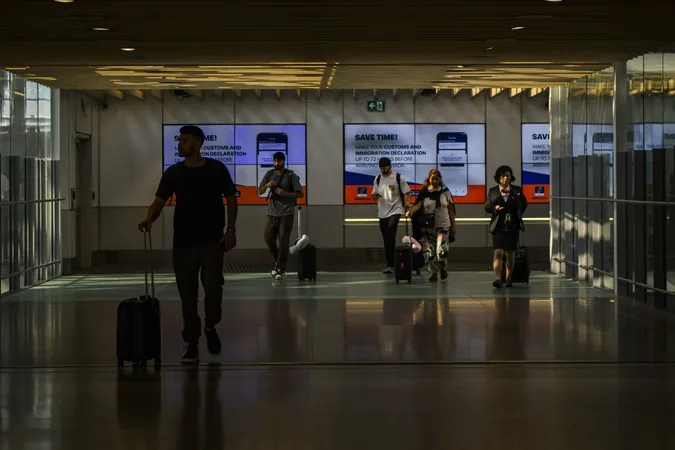
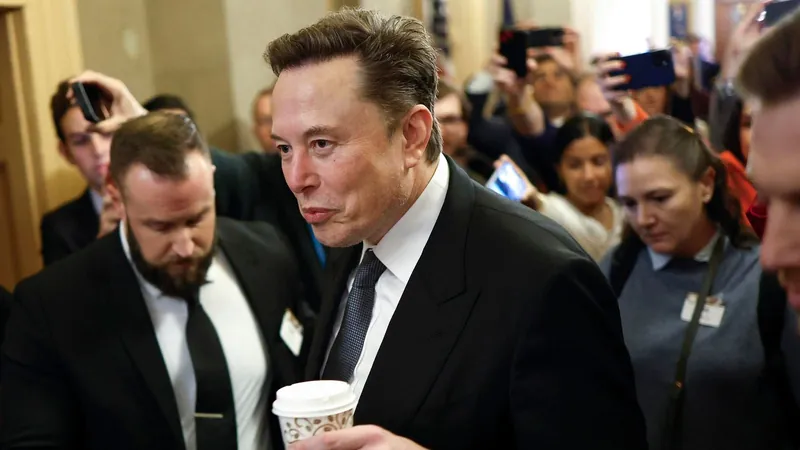
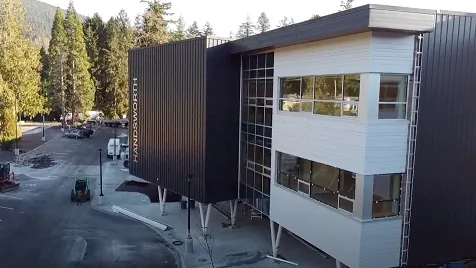


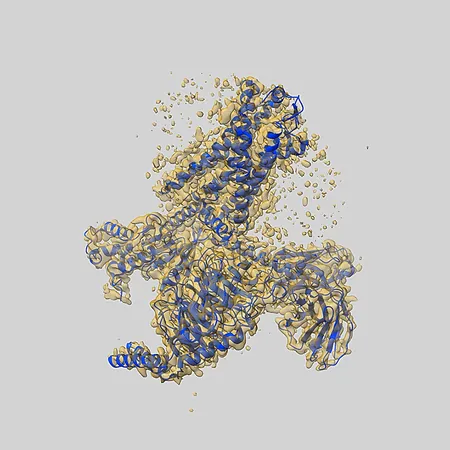
 Brasil (PT)
Brasil (PT)
 Canada (EN)
Canada (EN)
 Chile (ES)
Chile (ES)
 España (ES)
España (ES)
 France (FR)
France (FR)
 Hong Kong (EN)
Hong Kong (EN)
 Italia (IT)
Italia (IT)
 日本 (JA)
日本 (JA)
 Magyarország (HU)
Magyarország (HU)
 Norge (NO)
Norge (NO)
 Polska (PL)
Polska (PL)
 Schweiz (DE)
Schweiz (DE)
 Singapore (EN)
Singapore (EN)
 Sverige (SV)
Sverige (SV)
 Suomi (FI)
Suomi (FI)
 Türkiye (TR)
Türkiye (TR)